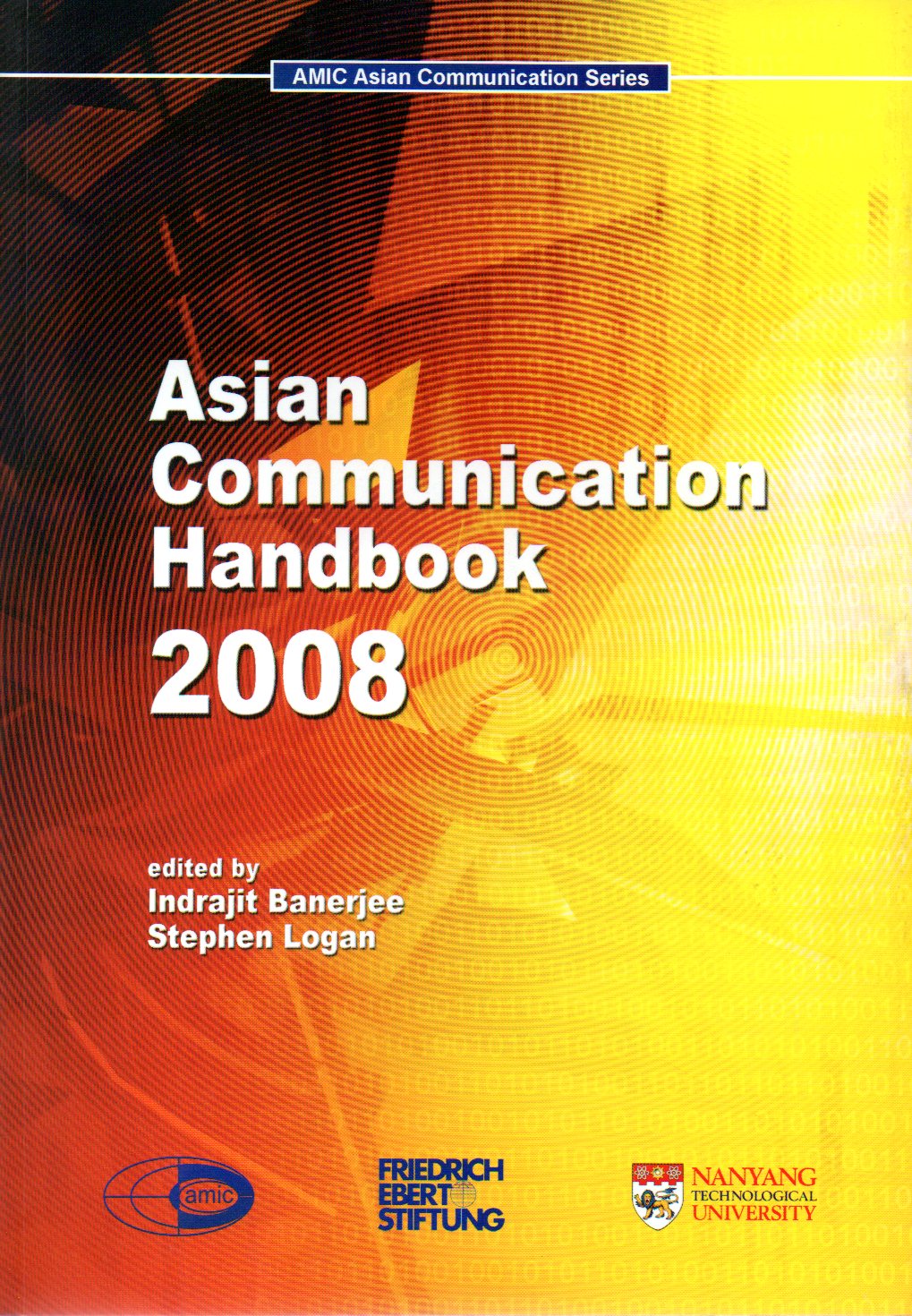
Asian Communication Handbook 2008
Edited by: Indrajit Banerjee Stephen Logan
ISBN 978-981-4136-10-5
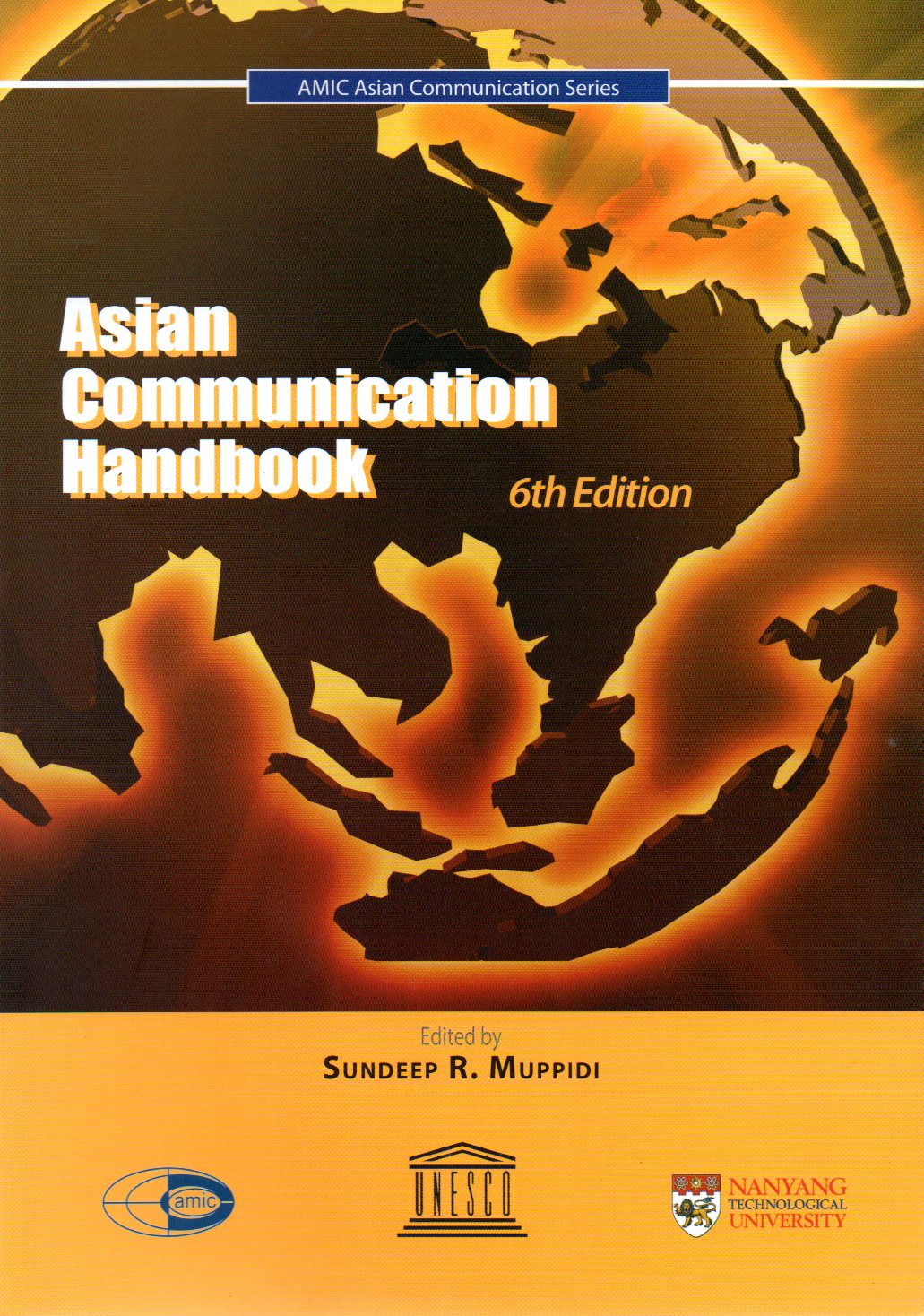
– Editor: Sundeep Muppidi
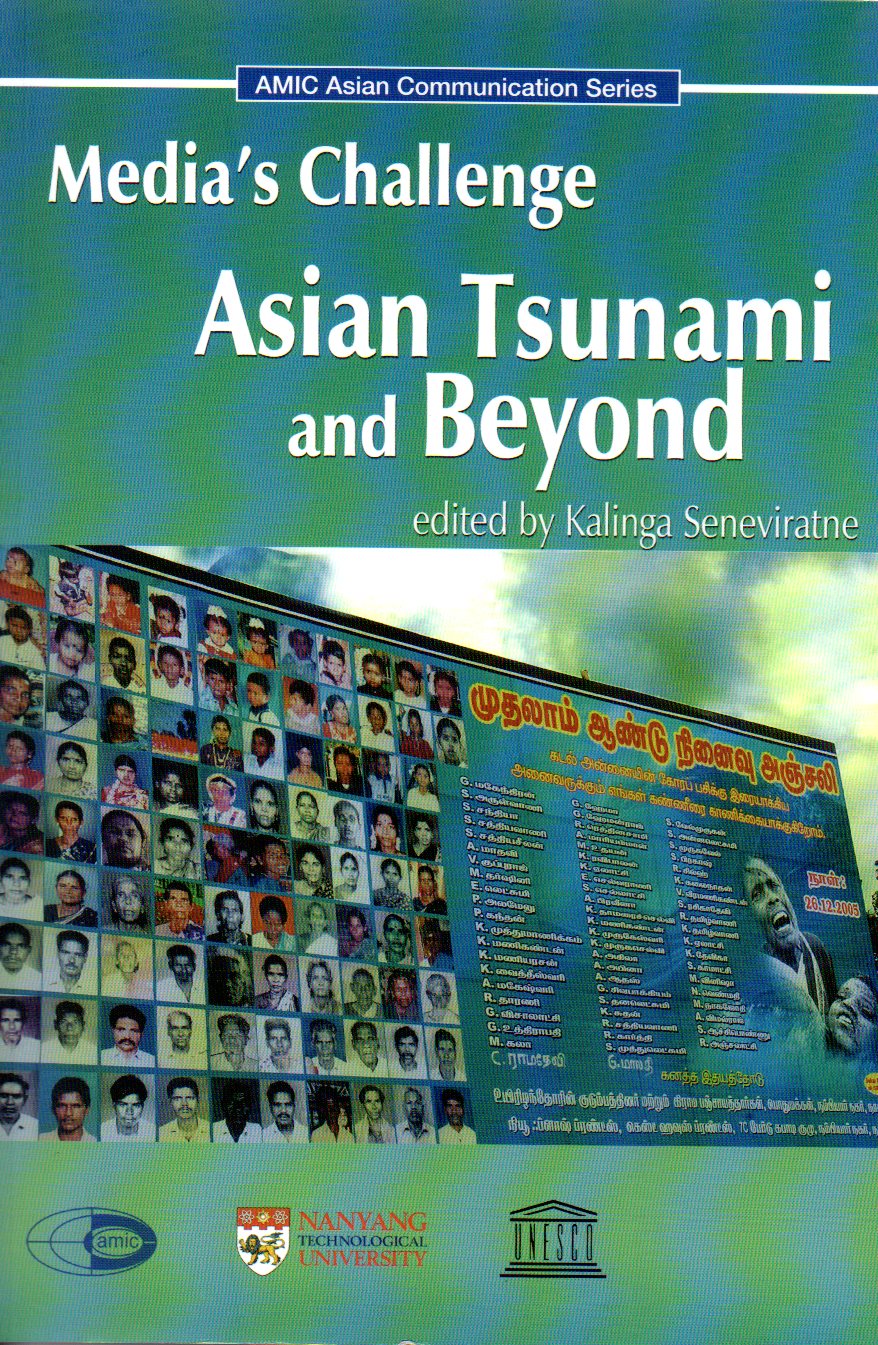
Edited by Kalinga Seneviratne
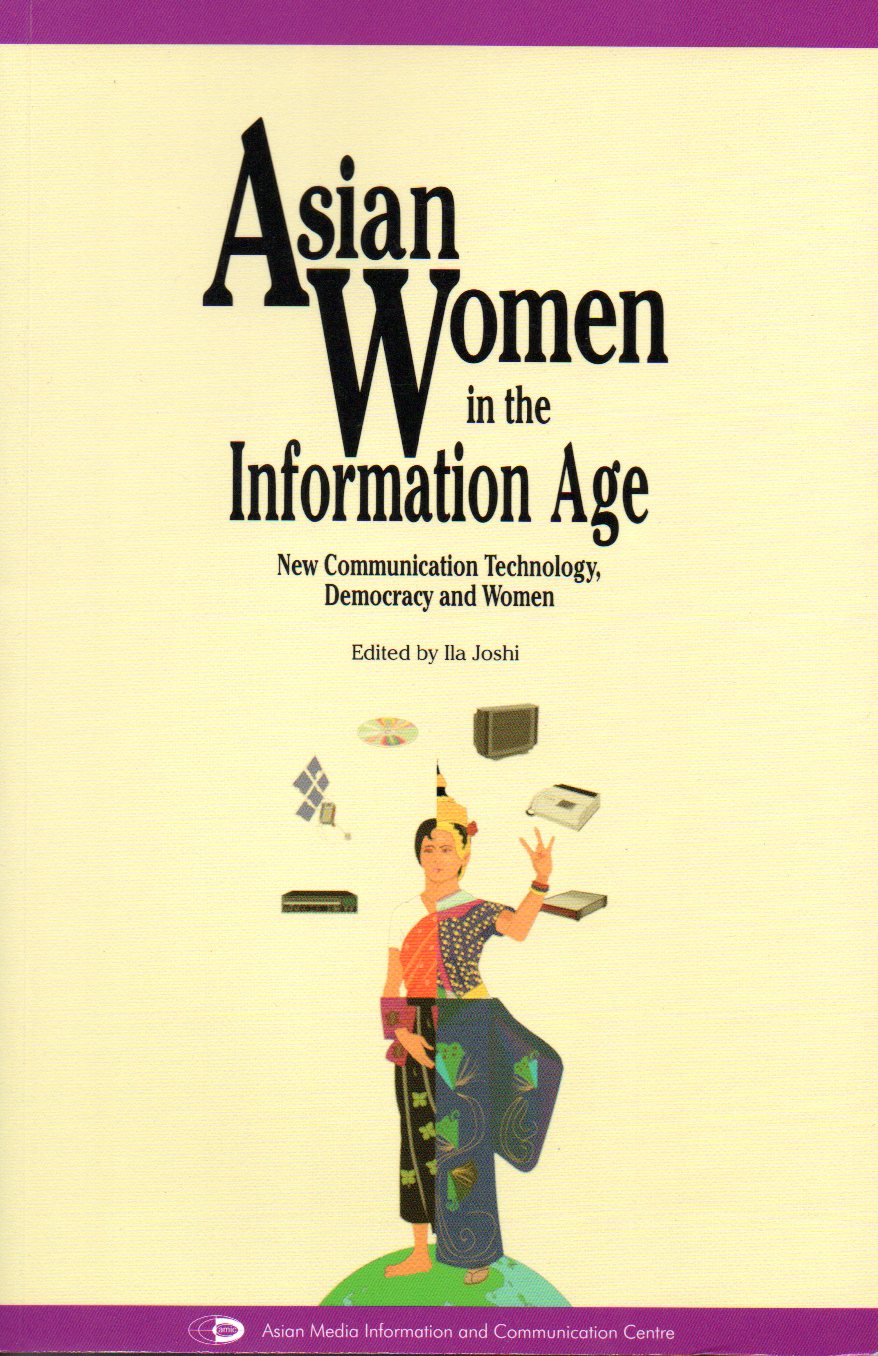
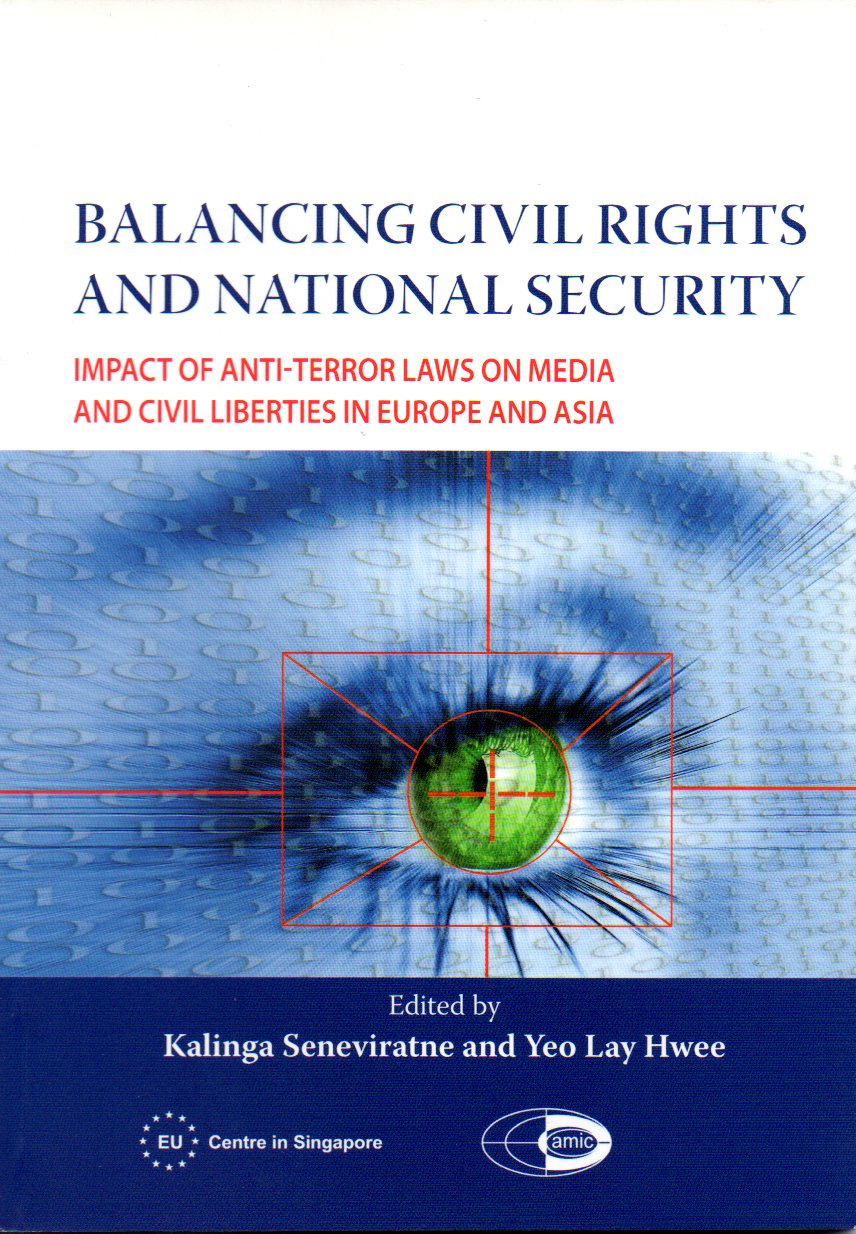
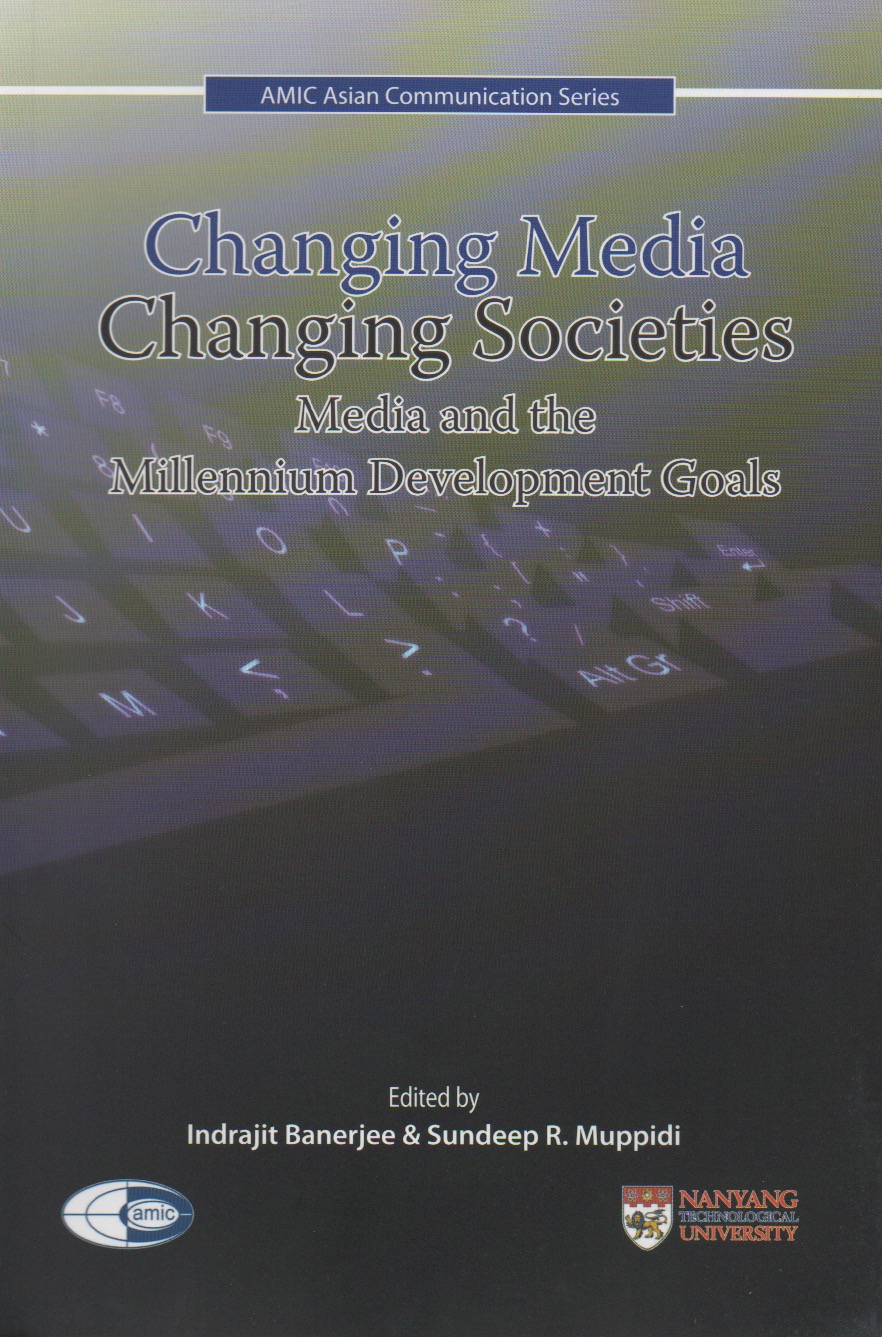
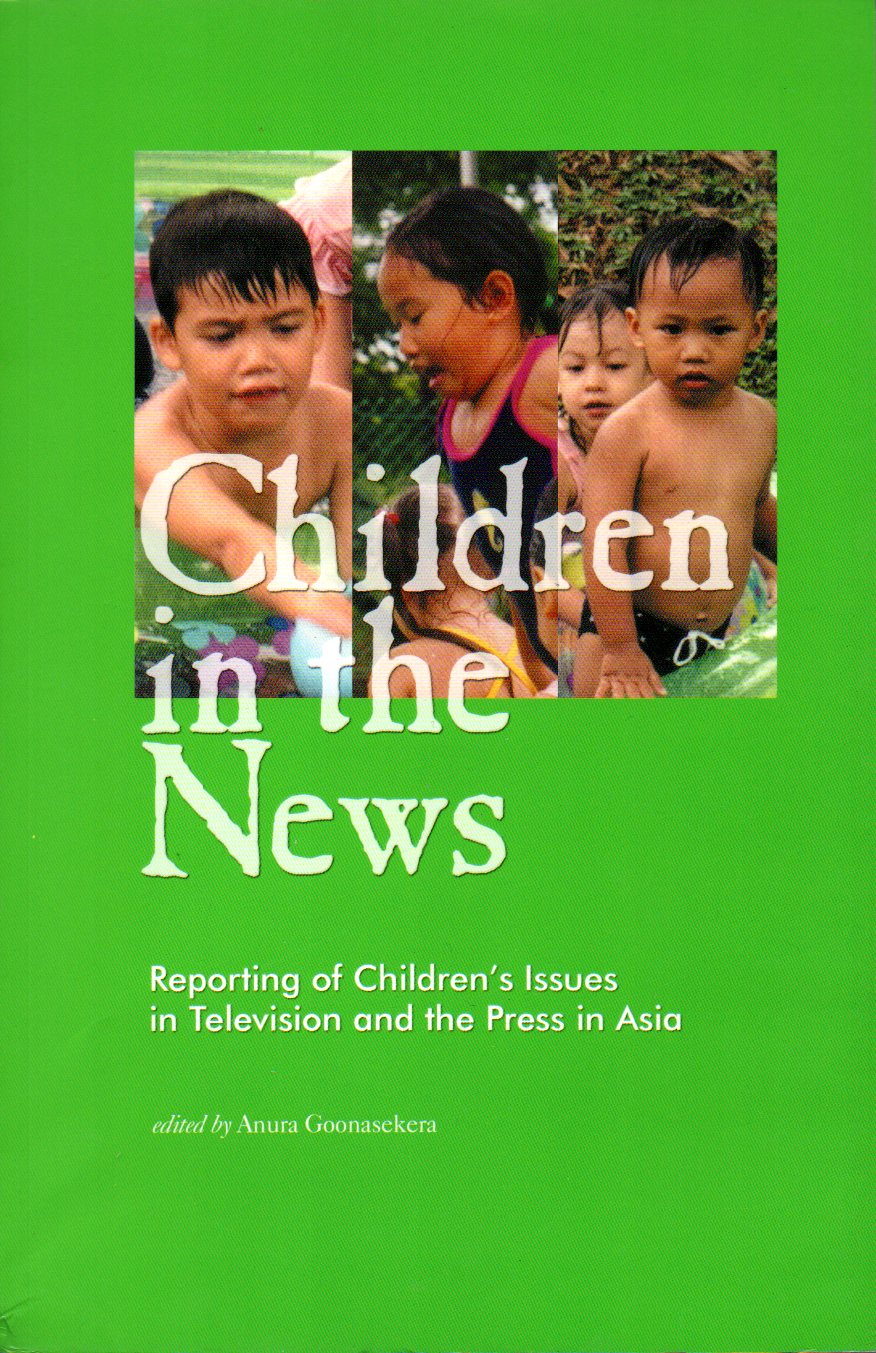
Children in the News
Edited by Anura Goonasekera
ISBN 9971-905-89-2
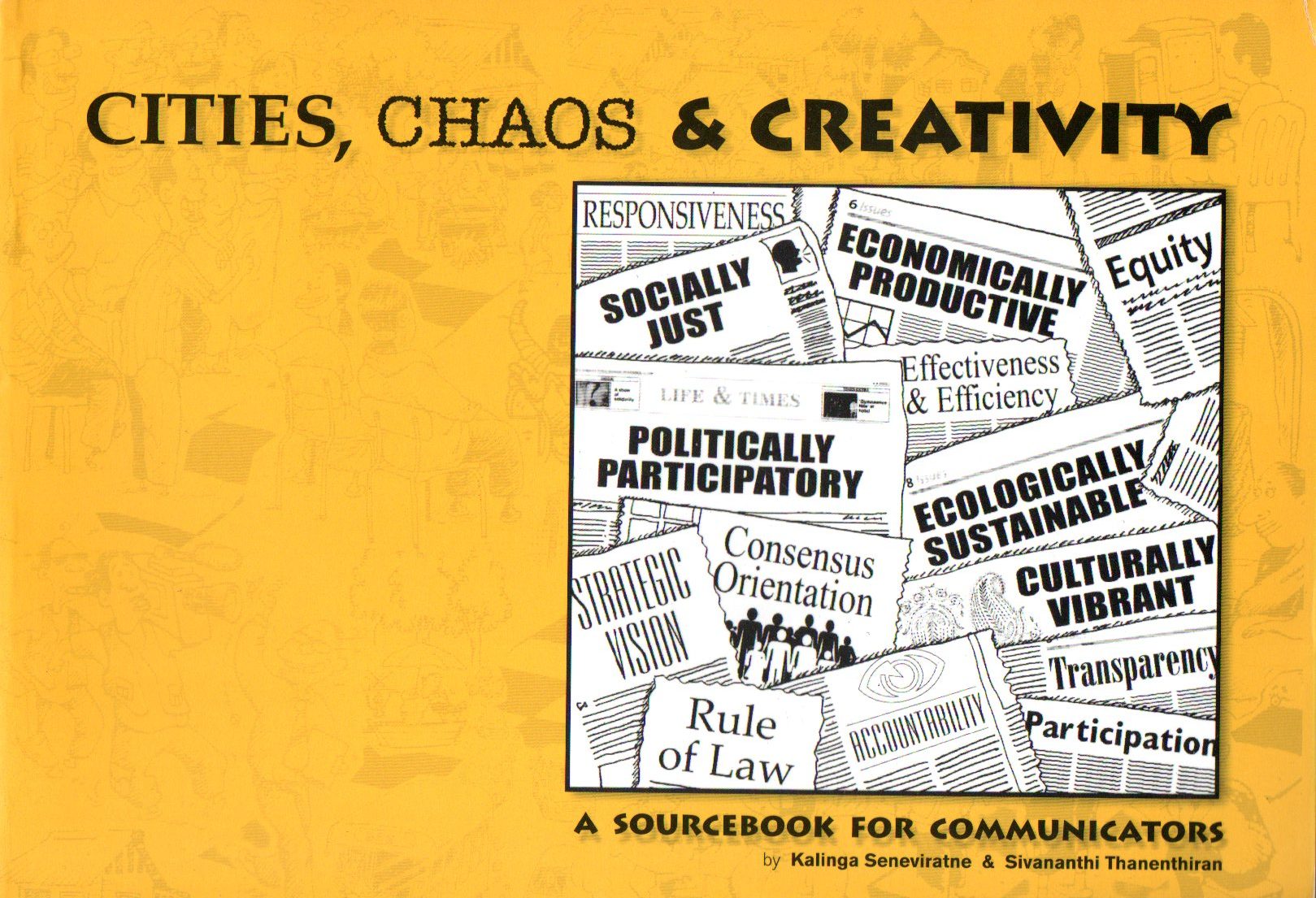
Cities, Chaos and Creativity
by Kalinga Seneviratne and Sivananthi Thanenthiran
ISBN 983-40995-1-7
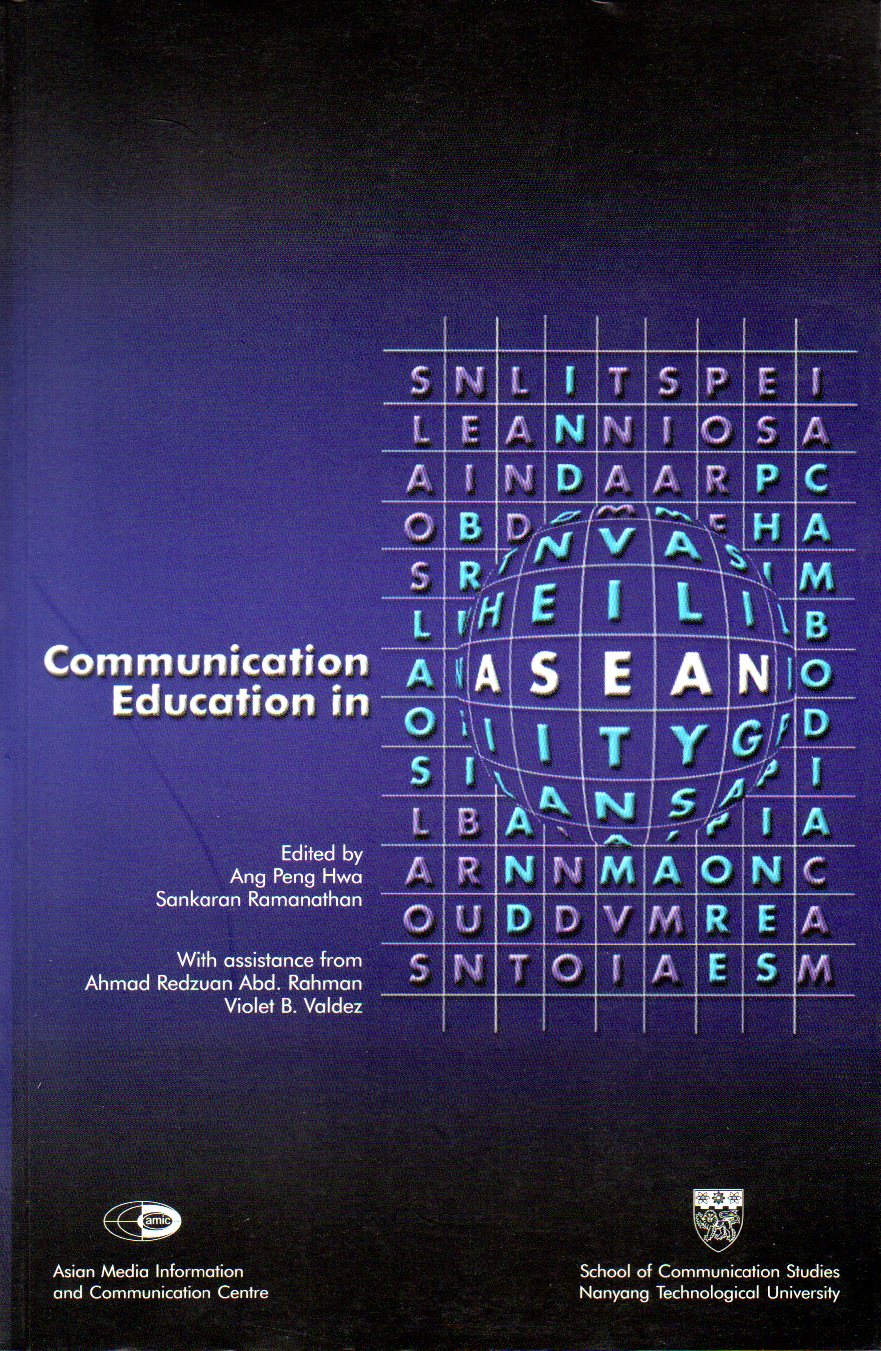
Communication Education in ASEAN
Edited by Ang Peng Hwa and Sankaran Ramanathan with assistance from Ahmad Redzuan Abd. Rahman and Violet B. Valdez ISBN 9971-905-79-5
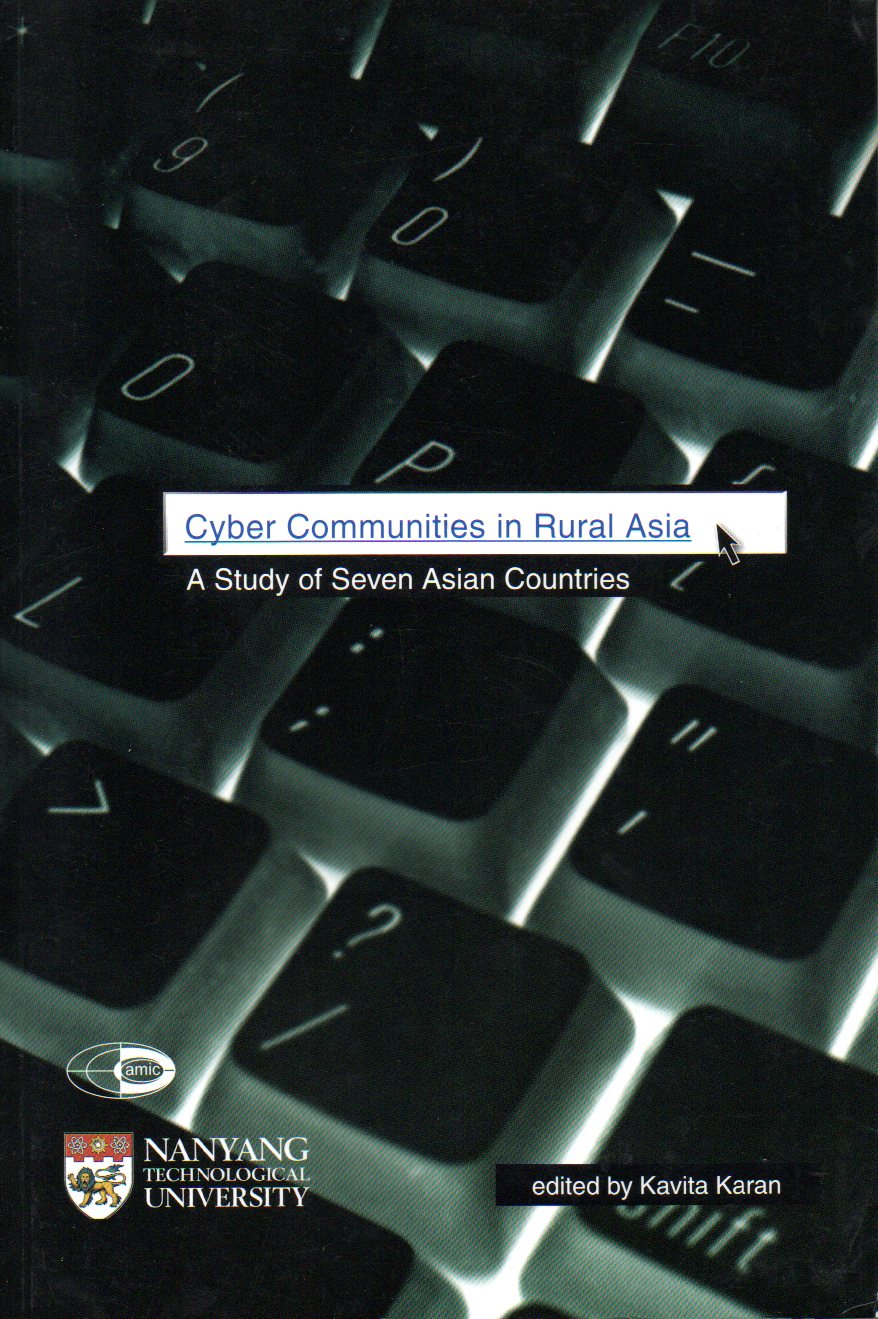
Cyber Communities in Rural Asia
Edited by Kavita Karan
ISBN-13: 978-981-210-324-6
ISBN-10: 981-210-324-4
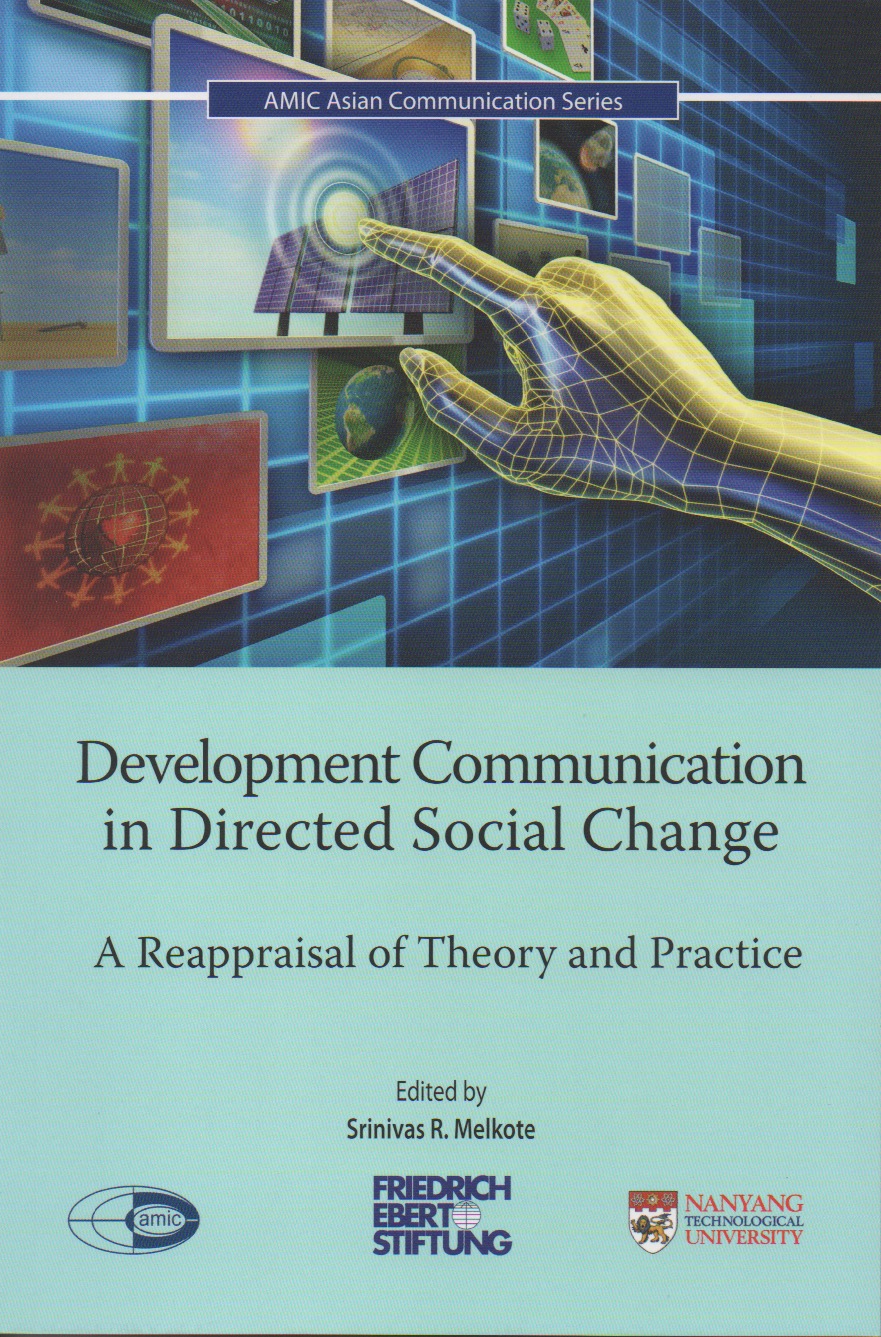
Development Communication in Directed Social Change
Edited by Srinivas R. Melkote
ISBN 13: 978-981-4136-15-0

The Fourteenth Paw
A Memoir by Everett M. Rogers
ISBN 978-981-4136-11-2
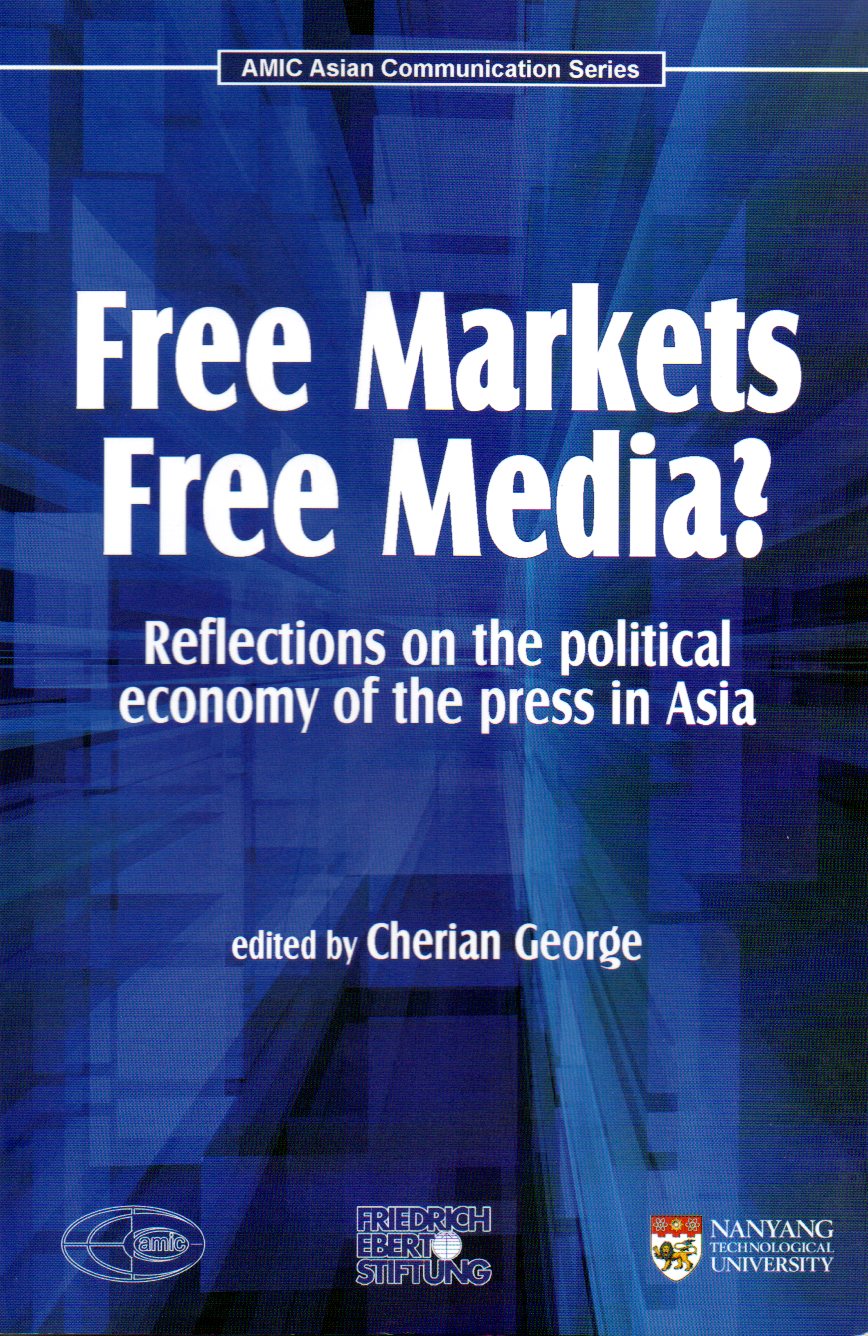
Free Markets, Free Media? Reflections on the political economy of the press in Asia (2008)
Edited by Cherian George
ISBN-13: 978-9814136099
Press systems across Asia have undergone dramatic change in recent decades. The grips of authoritarian governments have been prised open by democratic forces in the Philippines, South Korea and Indonesia. Other regimes, such as China and Vietnam, retain tight political control but have allowed the growth of aggressively market-driven sectors that have transformed the media landscape. This faith in markets forces, though nowhere unconditional, has been strong enough to have tilted decisively the discourse on and practice of press freedom. However, there are also large costs and benefits that fail to be incorporated in the decision-making of producers and consumers operating within markets. From diverse vantage points, the writers in Free Markets, Free Media? pause to reflect critically on the impact of market forces upon efforts to build and consolidate more democratic media in Asia. Issues addressed include the argument for public funding to support media diversity, the need for grassroots media to better reflect non-elite priorities and concerns, developments in newsroom practices, biases in profit-oriented news media, and challenges to investigative journalism.
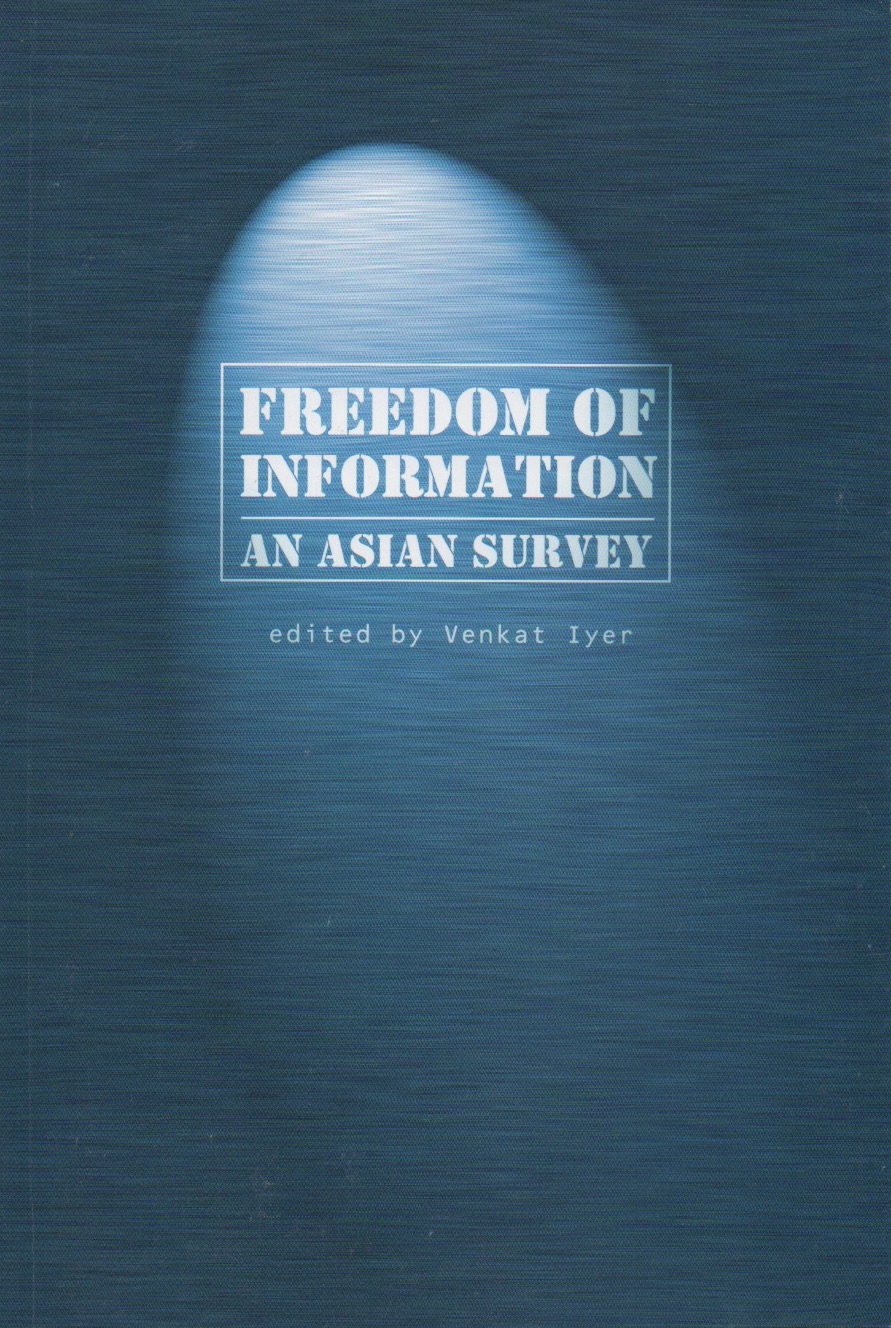
Freedom of Information an Asian Survey
Edited by Venkat Iyer
ISBN 9971-905-90-6
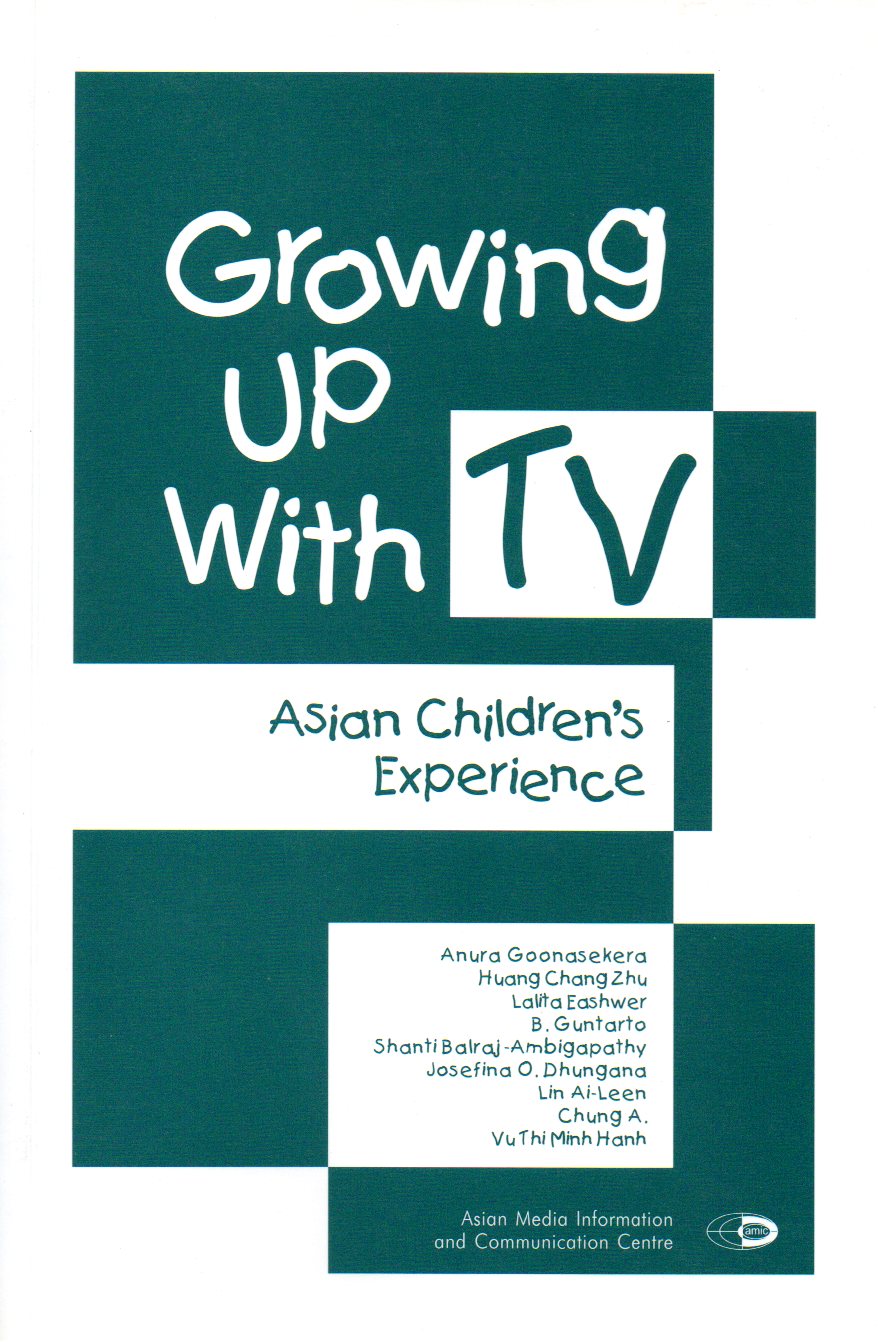
Growing Up with TV
by Anura Goonasekera
Huang Chang Zhu
Lalita Eashwer
B. Guntarto
Shanti Balraj-Ambigapathy
Josefina O. Dhungana
Lin Ai-leen
Chung A.
VuThi Minh Hanh
ISBN 9971-905-75-2
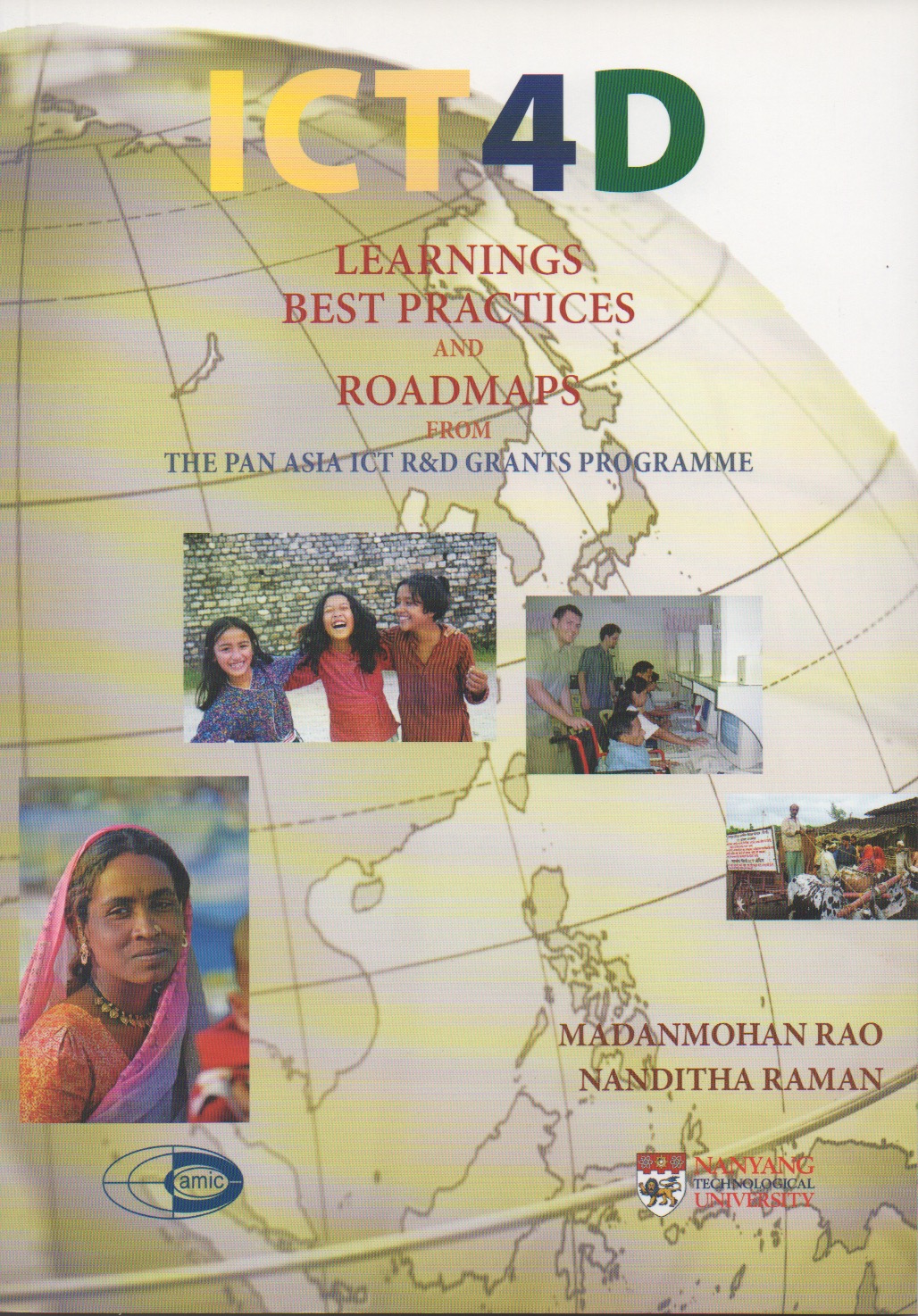
ICT4D: Learnings, Best Practices and Roadmaps from the Pan Asia ICT R&D Grants Programme (2009)
Madanmohan Rao and Nanditha Raman
ISBN-13: 978-9810847746
This unique book presents extensive analysis and discussion from the Pan-Asia ICT R&D Grants Programme covering 56 projects in 18 countries across Asia-Pacific. In addition to inputs from the ICT4D project heads, the book features insights from 6 ICT experts who personally visited these projects for assessments, as well as the key take-aways from a 3-day Learning Forum bringing all project heads and assessment experts together with donors and sponsors of this ambitious ICT4D initiative. What have been the key contributions of ICTs to development projects in healthcare, education, gender equity, agriculture, environment, disaster management and policy research? How can such ICT4D projects reach sustainability, replicability and scalability? What are the challenges involved in capacity building and execution for such social entrepreneurship projects? And what new horizons open up for these regional initiatives in the future? These are the key questions addressed in this publication. The book also provides valuable insights into the passion, motivation and experience shared readily by the ICT4D practitioners across the region. And on a lighter note, it also captures some of the amusing and humorous anecdotes along the way which make ICT4D such a human adventure at the end of the day! The book also has a companion CD and Web site with a wealth of information for ICT4D practitioners, donors and researchers, including video interviews, assessment surveys, and worksheets.
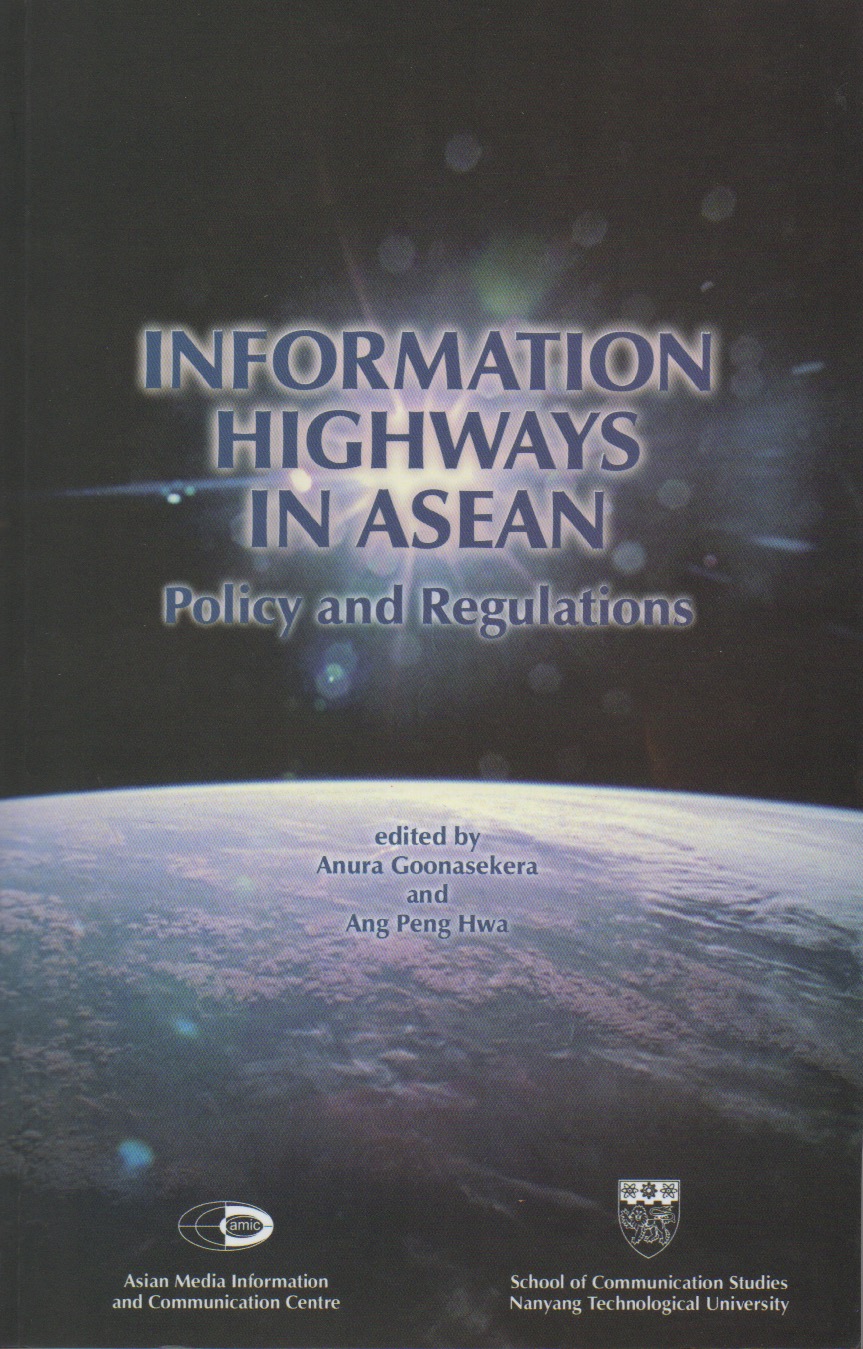
Information Highways in ASEAN
Edited by Anura Goonasekera and Ang Peng Hwa
ISBN 9971-905-77-9
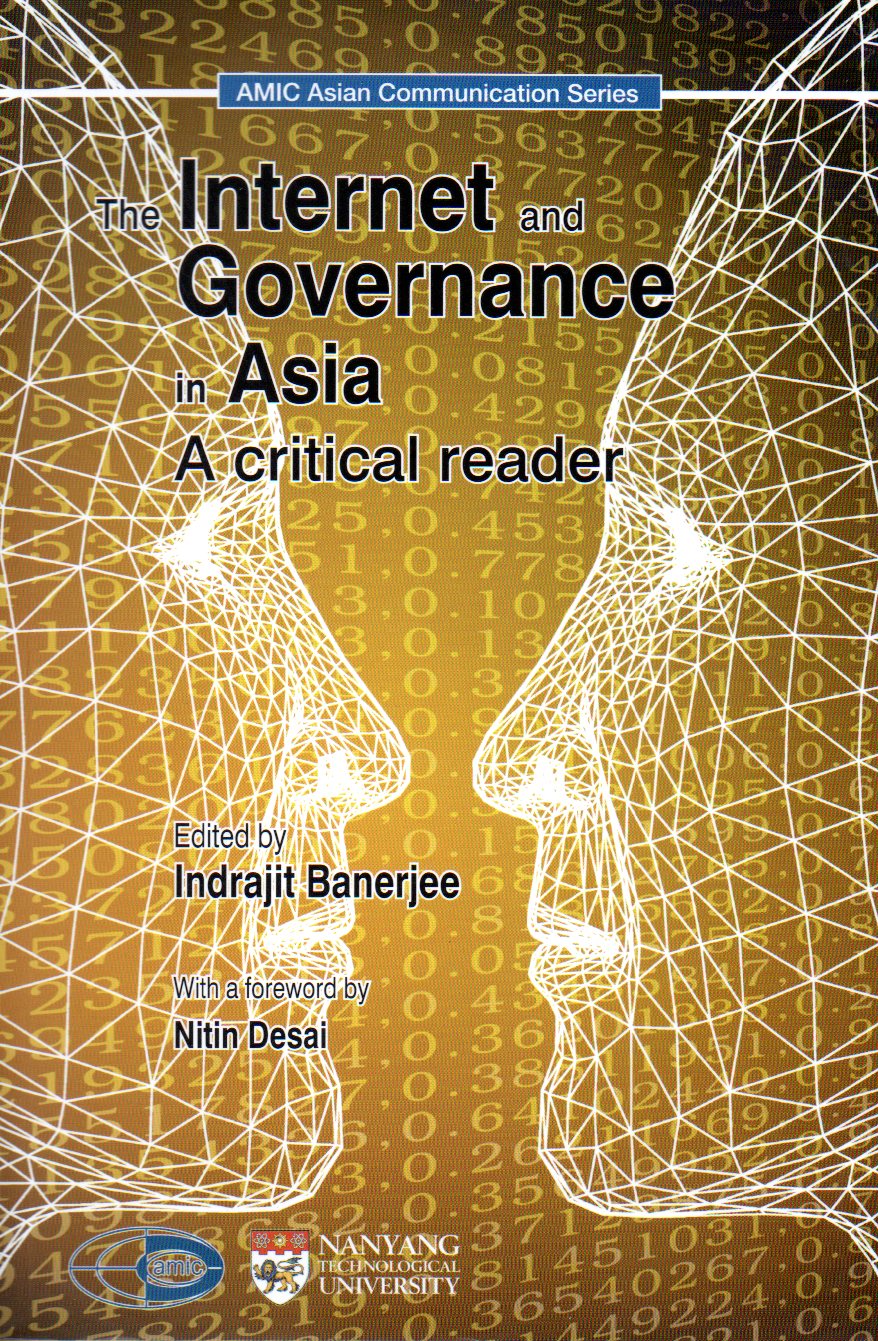
The Internet and Governance in Asia
Edited by Indrajit Banerjee with a foreword by Nitin Desai
ISBN 981-4136-02-6
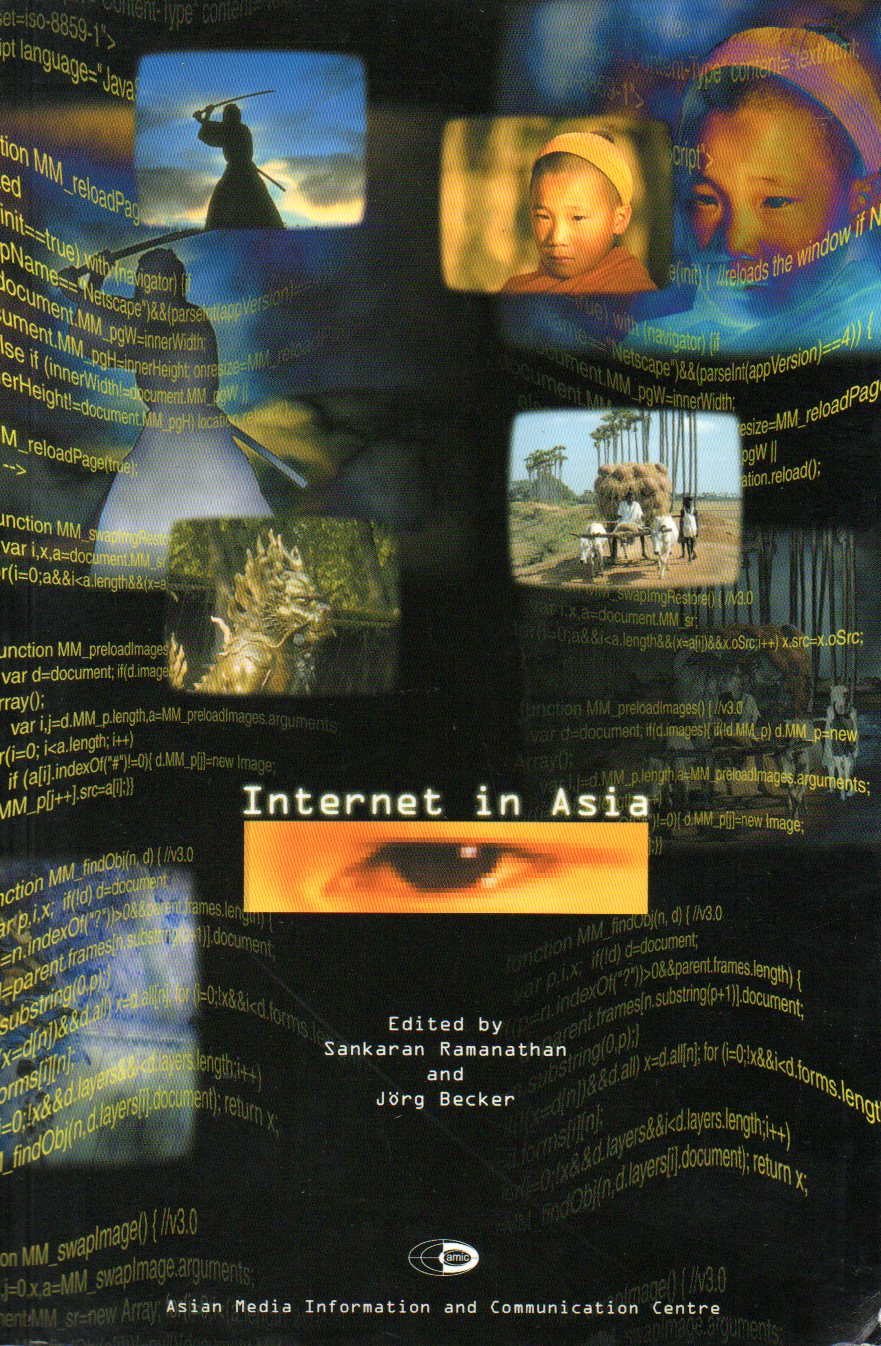
Internet in Asia
Edited by Sankaran Ramanathan and Jorg Becker
ISBN 9971-905-87-6
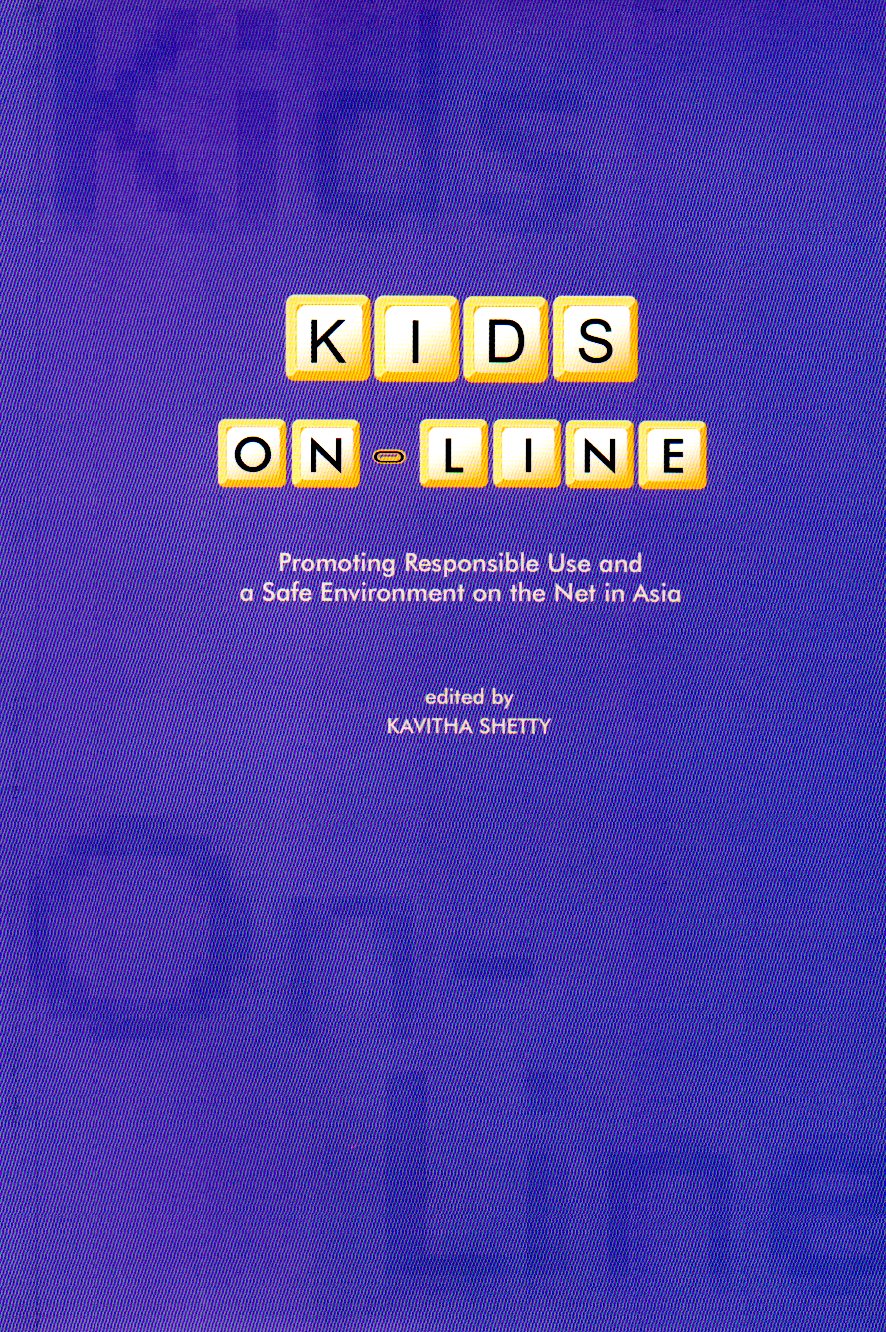
Kids On-Line
Edited by Kavitha Shetty
ISBN 9971-905-92-2
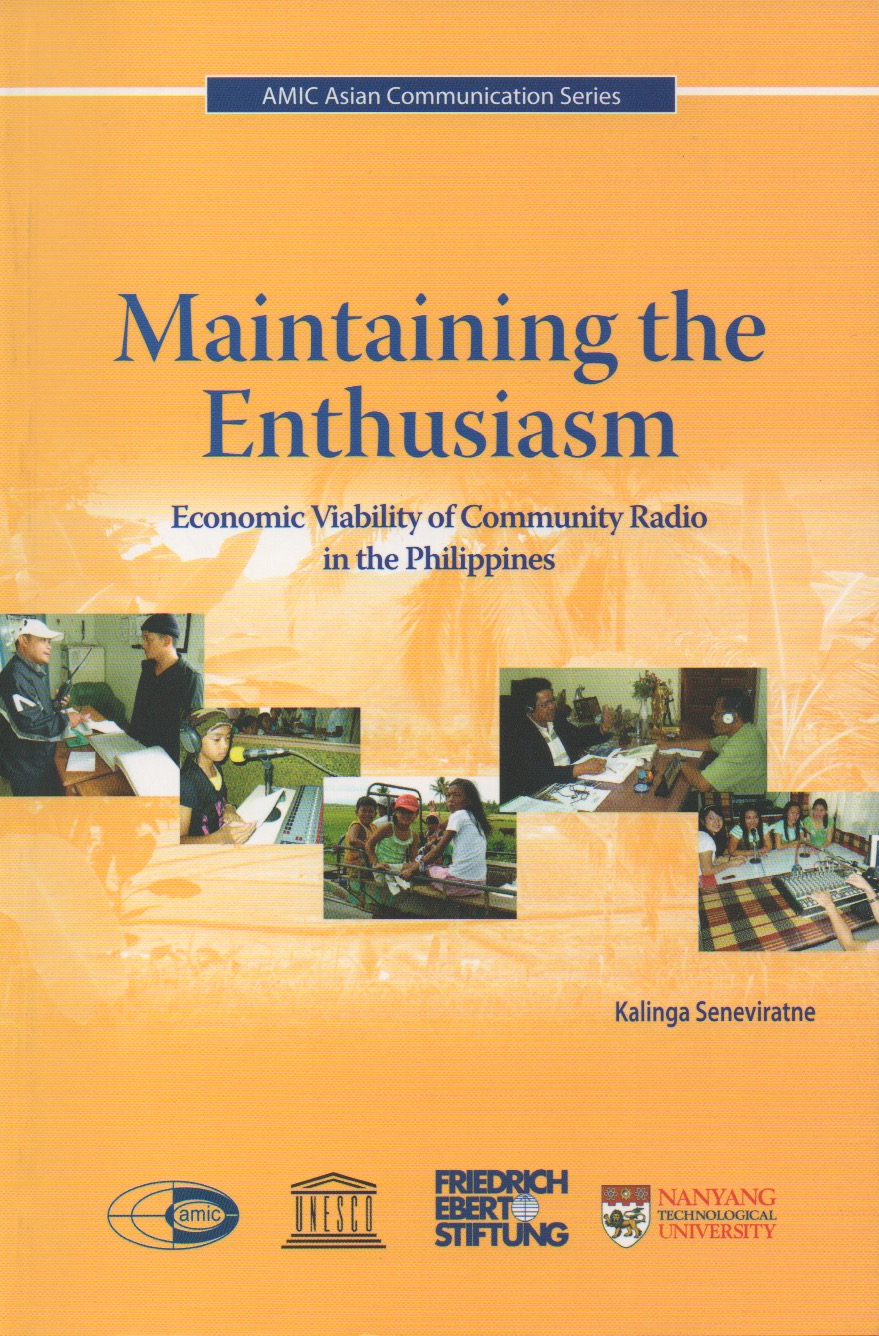
Maintaining the Ethusiasm: Economic Viability of Community Radio in the Philippines (2011)
Kalinga Seneviratne
The Philippines has one of the world’s largest commercial radio networks, a good network of government-funded radio and radio stations that are run by the Catholic church adding to over 500 radio stations across the country. In the early 1990s, community radio was introduced to the Philippines in the form of Tambuli project funded by the United Nations Educational, Scientific and Cultural Organization (UNESCO) and the Danish International Development Agency (DANIDA). Though radio is the most accessible media for the poor and marginalised communities, the radio licensing system in the Philippines has ensured that most stations are owned by rich families who are political king-pins themselves, according to the Louie Tabing, the founder of Tambuli community radio. When the Tambuli project started in 1991, an effort to make the radio stations independent of both government and commercial interests, the stations were designed as such that they would be governed by a Community Media Council a multi-sector body representing various stakeholders of the community they serve. The Asian Media Information and Communication Centre (AMIC) undertook this research project to assess the economic viability of the Tambuli model, after 15 years since it was originally introduced to the Philippines. A number of radio stations on the islands of Luzon and Mindanao were visited; many of the broadcasters, station managers and mayors were also interviewed. There were also extensive consultations with the Tambuli founder Louie Tabing. Titled Maintaining the Enthusiasm: Economic Viability of Community Radio in the Philippines , this book documents the opinions and the perspectives of many stakeholders in the community radio sector. It reflects both the success stories and barriers facing the community radio in the Philippines. This book reflects the observations of the researcher in and after the initial enthusiasm the volunteer-driven model of community radio face many obstacles if no sustainable financial resources are made available to the project. It also discusses this issue and recommends methods to help community radio becomes economically sustainable. The findings of this study may be useful for not only the Philippines but many countries in Asia that are embarking on the community radio path.
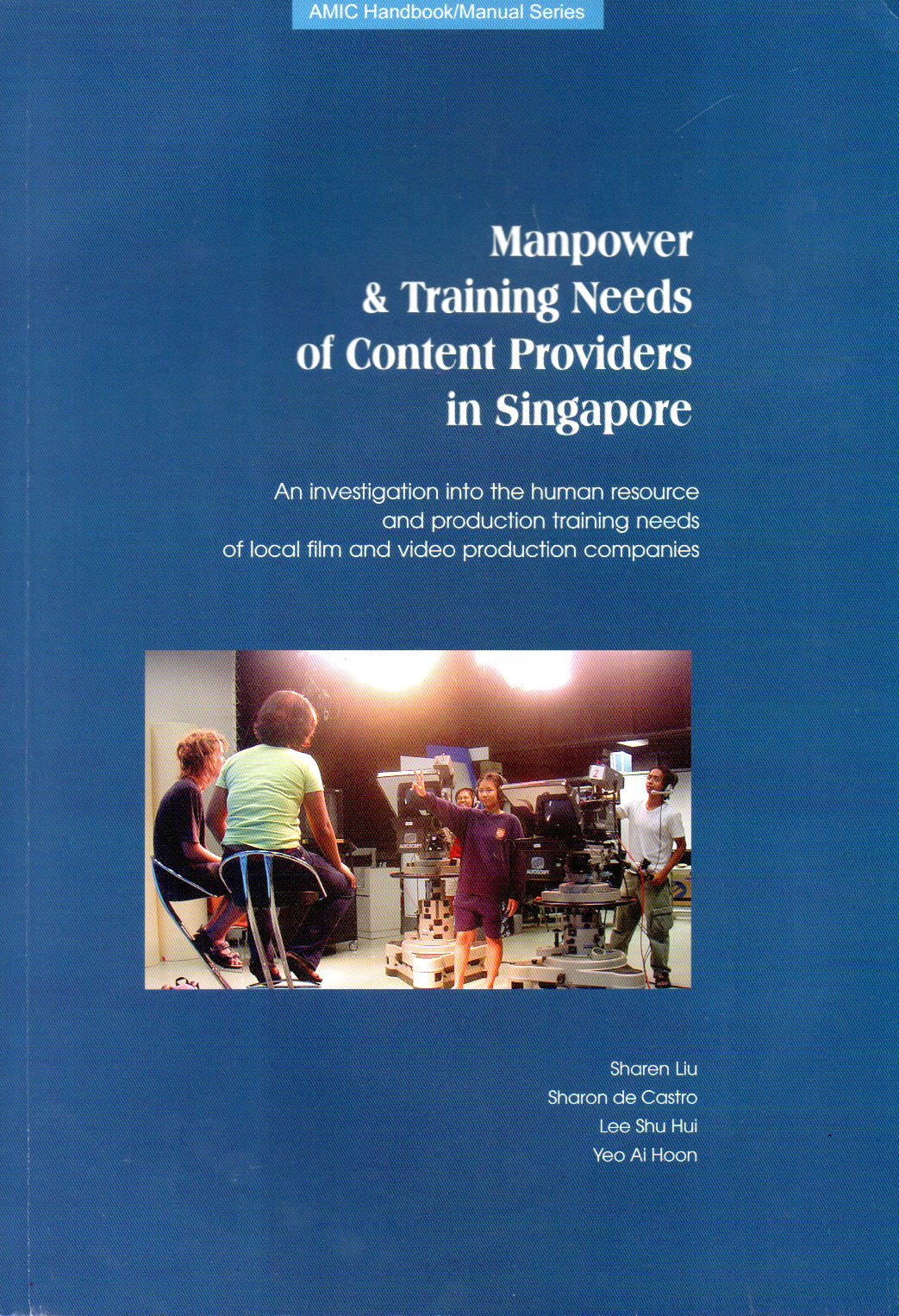
Manpower & Training Needs of Content Providers in Singapore
by Sharen Liu Sharon de Castro Lee Shu Hui Yeo Ai Hoon
ISBN 9971-905-95-7
